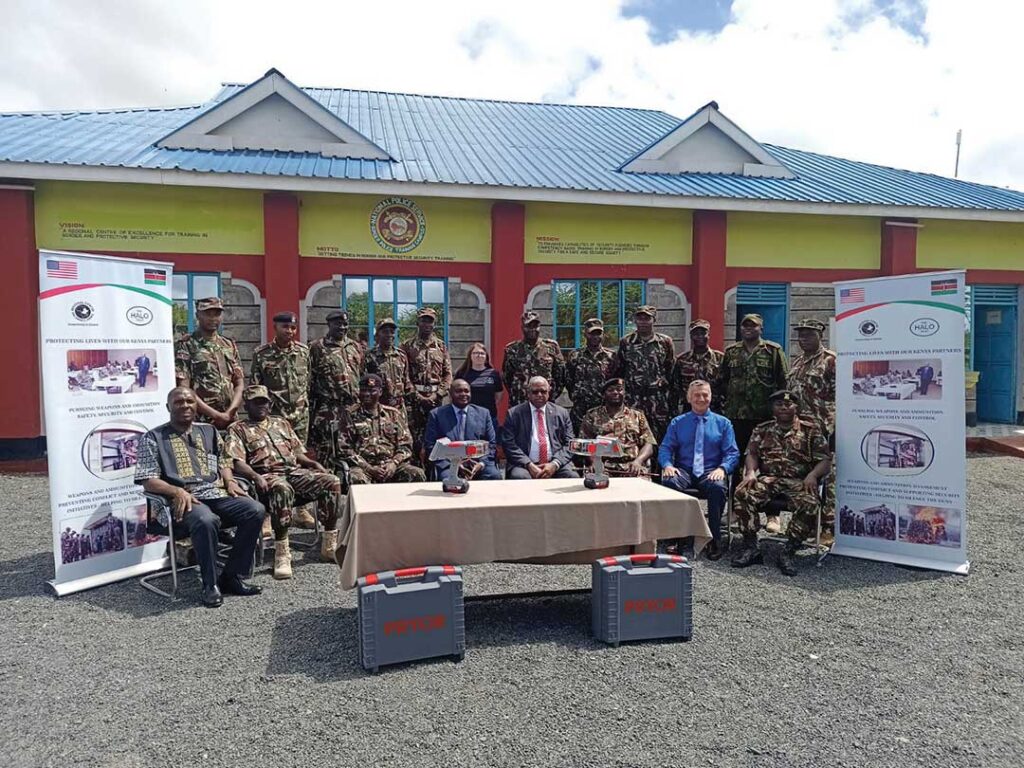CYRUS OMBATI, THE STAR
Kenya has nearly fulfilled one of its commitments to regional and international treaties on arms control as it nears completion of marking official firearms and ammunition.
The National Police Service has marked 98% of its firearms stock, and the Kenya Defence Forces is at 70%. Security Principal Administrative Secretary Wilson Njega called the progress a huge milestone that sets Kenya on the path to the elite league of nations that have taken concrete steps to combat the illegal arms trade.
The goal, he said, is to prevent weapons from being diverted to criminals while not disrupting legitimate weapons transfers.
“This undertaking will help us identify the source and movement of such weapons and inform our decisions and responses in dismantling the criminal network involved in this trade,” Njega said.
He added that this will reduce incidents of gun violence in line with various international agreements, including the Nairobi Protocol and the United Nations Programme of Action on Small Arms.
“Considering that small arms and light weapons are responsible for many deaths and injuries in armed conflicts, it is imperative that we enhance the traceability of our firearms and ammunition,” Njega said.
The marking exercise was prescribed by the Regional Centre on Small Arms (RECSA) to its member states as part of the efforts to combat the illicit proliferation of small arms and light weapons and promote peace and security in East and Central Africa.
The intergovernmental agency has organized a three-day workshop to validate the findings from the latest review on the progress of the exercise.
Njega attributed Kenya’s remaining unmarked percentages to new stocks and the weapons designated for areas where the marking exercise is yet to reach, including Wajir and Mandera.
Ivor Richard Fung, deputy chief of the Conventional Arms Branch, U.N. Office for Disarmament Affairs, commended RECSA member states for the steady progress in moving from manual to electronic recordkeeping. RECSA has deployed its Software Tracing System, issued for electronic record keeping, to its members.
“This is a very important aspect of controlling small arms and light weapons, and beyond marking is the issue of recordkeeping,” Fung said. “RECSA has been able to carry out commendable work in this area and we applaud that, but a lot still needs to be done.”

